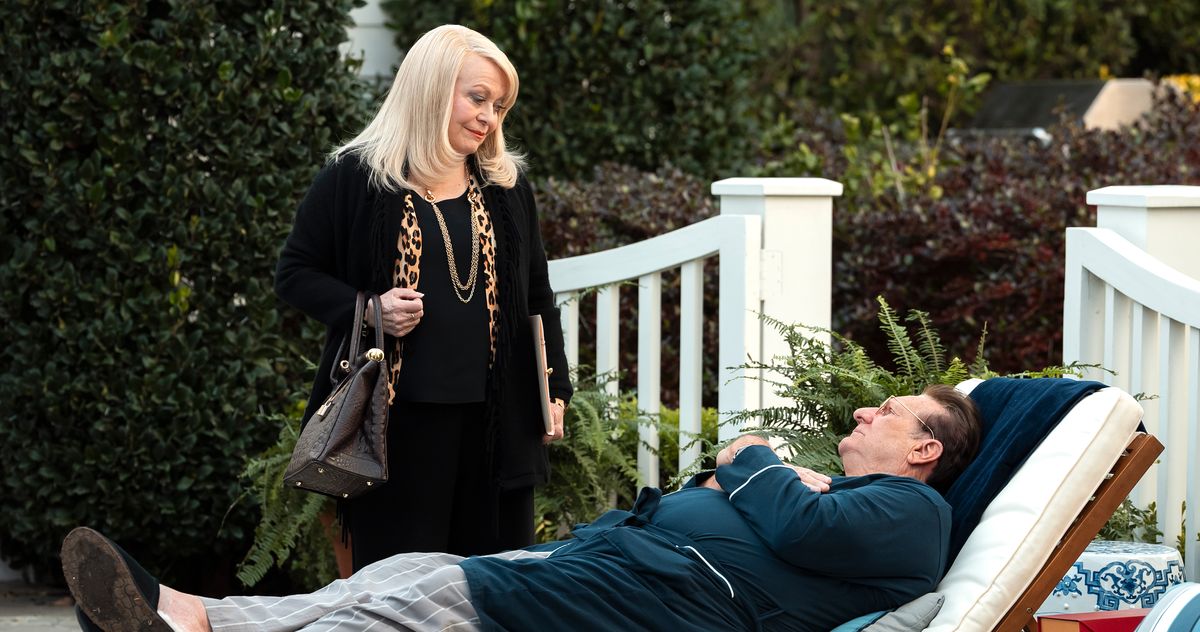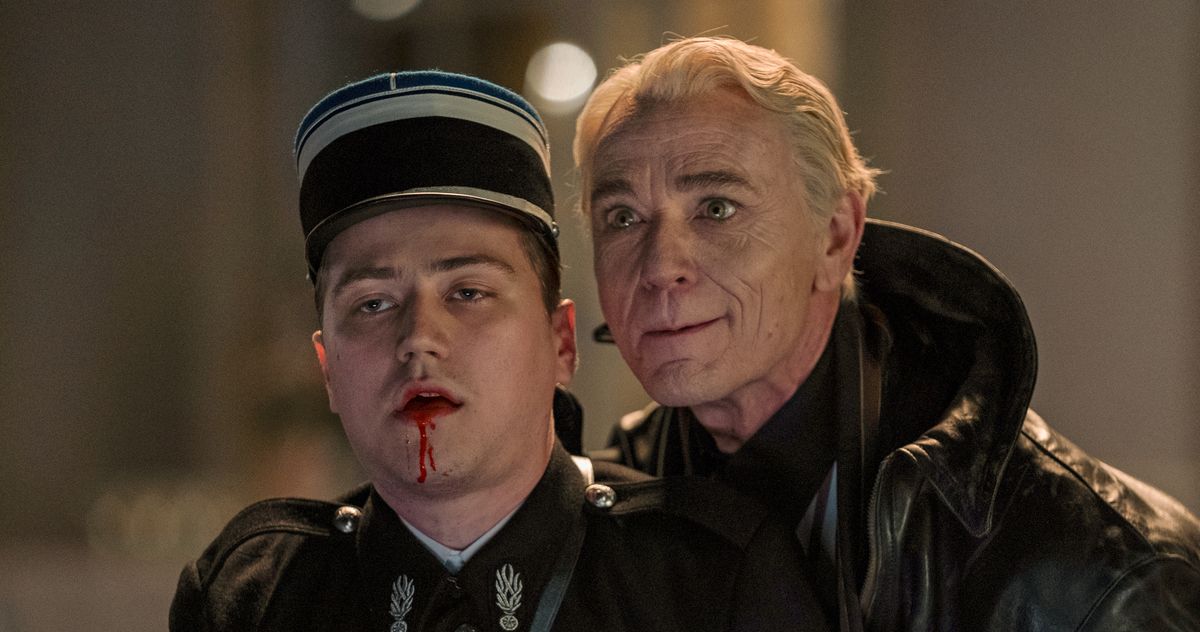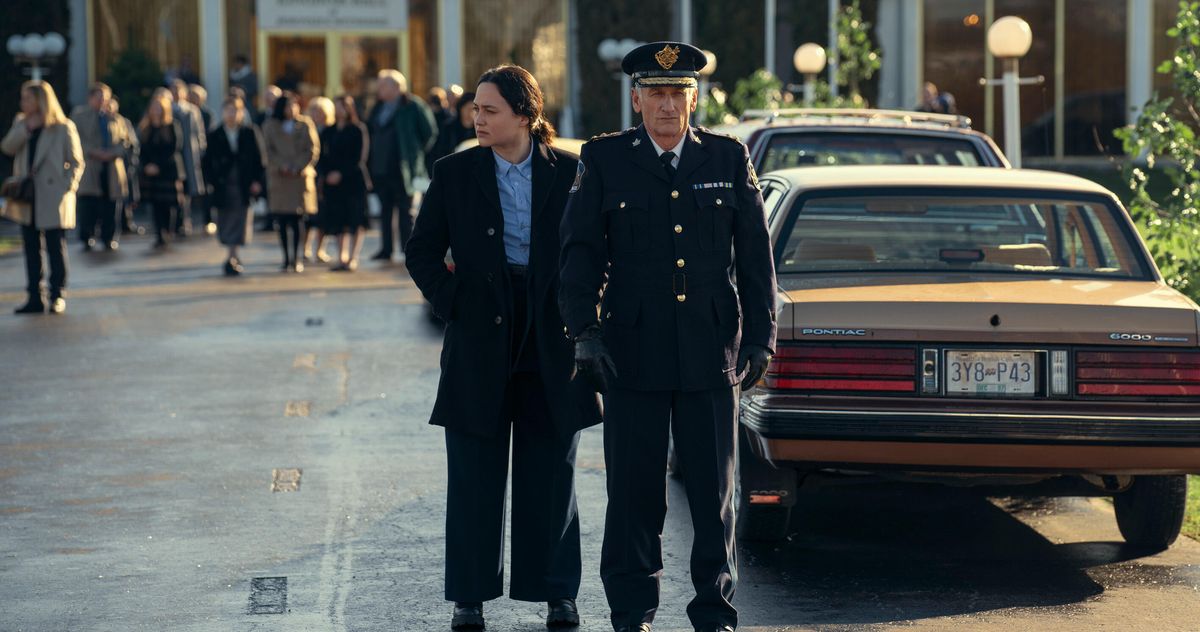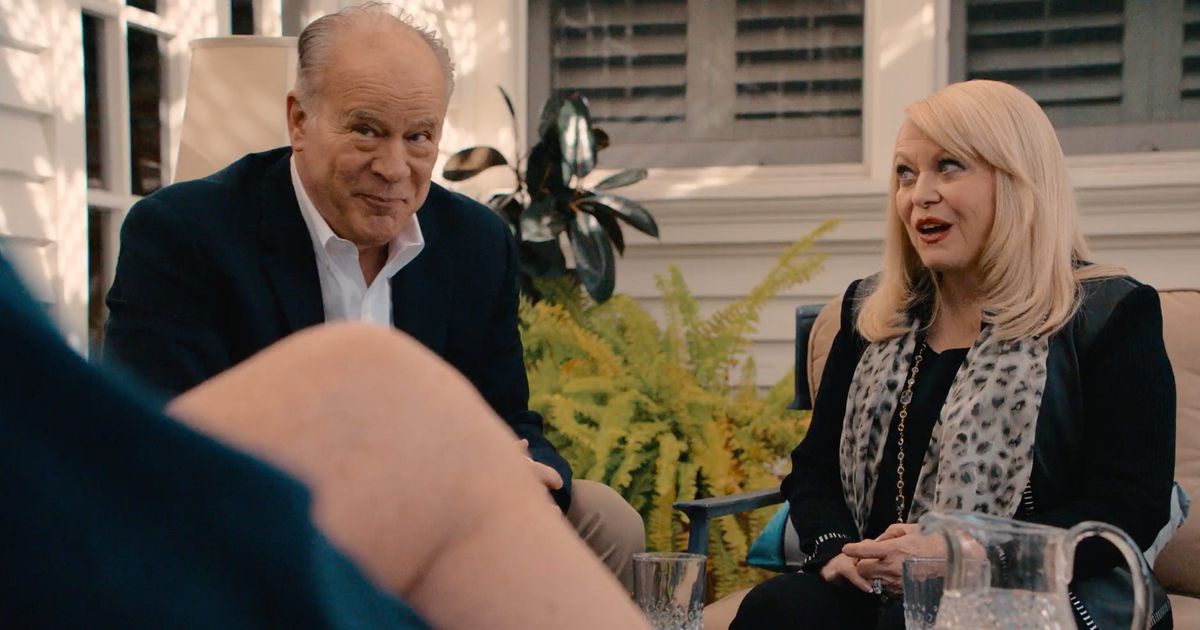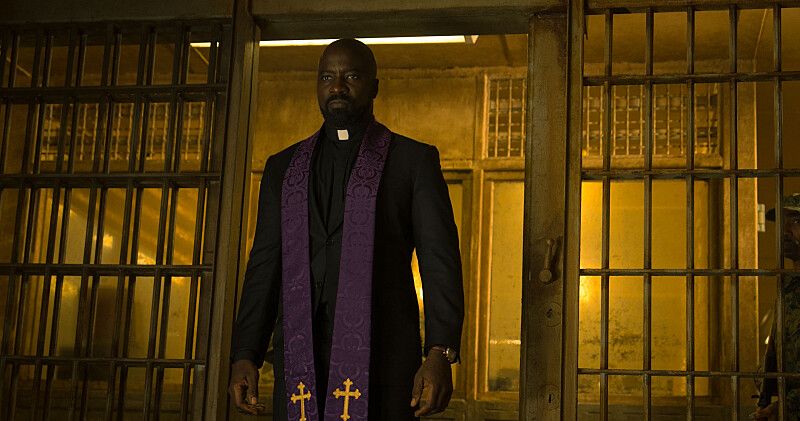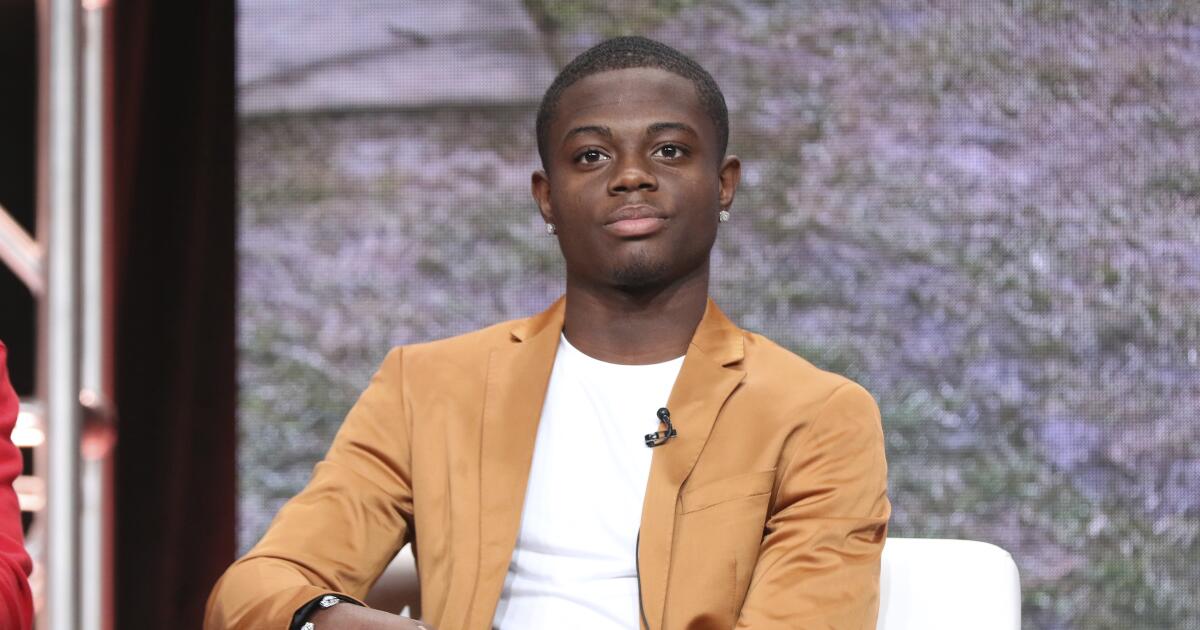Photo: Kelsey McNeal/FX
Adam Silver was promoted to NBA commissioner on February 1st, 2014, succeeding David Stern, who had ruled the league for three decades and overseen a massive spike in popularity and global expansion. The Donald Sterling tape dropped on TMZ on April 25th, 2014, presenting Silver with his first major test as the new boss. In retrospect, his decision, after a speedy investigation — basically confirming the answer to “Was that really Sterling saying all that racist nonsense on the tape?” was “yes” — seems like the obvious one. “Sentiments of this kind of contrary to the principles of inclusion and respect that form the foundation of our diverse, multicultural, and multiethnic league,” said Silver in his statement. Translation: Sterling’s long record of racist practices, along with his plantation-owner mentality, had finally been laid so bare before a league dominated and enriched by Black players that they could not be ignored anymore.
And yet, it wasn’t so obvious a move at the time. It’s certainly not obvious that Stern would have chosen the nuclear option. It was Stern, after all, who introduced a dress code policy in 2005 that many Black players rightly felt targeted them, particularly in the wake of the 2004 “Malice at the Palace,” in which a fight broke out between Black players and white Detroit Pistons fans. Stern wanted the image of the league to be less threatening, which was pretty obvious in its racial coding, given the courtside fits of superstars like Allen Iverson and Carmelo Anthony. The same Stern-led NBA that had overlooked Sterling’s discriminatory housing practices — to say nothing of his toxic work environment and piss-poor team management — might have stopped at a suspension and a more meticulously crafted apology.
The moment Silver brought the hammer down on Sterling — banning him for life, issuing the maximum $2.5 million fine, and, perhaps most strikingly, forcing a sale of the team — it felt at once surprising and correct, and his reputation as commissioner has benefitted from it ever since. Yet this penultimate episode of Clipped does a healthy amount of eye-rolling over the whole situation, starting with the timing of it. The Clippers were deep into a hotly contested playoff series with the Warriors, after all, and the threat of a boycott, narrowly avoided after the Clippers opted to play game four, seemed all the more urgent head into game five. The players refusing to take the court in that series would surely metastasize across the entire league, basically shutting down the NBA at the lucrative peak of its season. Taking care of the problem would involve more than official statements, Instagram black-outs, and branded slogans like the Clippers’ “We Are One.” (The question over the “we” recalls a hilarious bit in Taxi Driver where Albert Brooks’ campaign operative wants to send back buttons that emphasize the “we” in “We Are The People.”)
In the locker room, Jamal Crawford, the Clippers’ lethal shooting guard (and one of coolest dudes ever to play in the NBA, according to your humble recapper), isn’t that impressed by Silver’s supposed boldness: “Is he gonna keep on pretending we got one bad apple in the NBA? ‘We Are One.’ That’s just some slogan to let everybody go back to feeling good about watching us hoop again without thinking about all this other shit.” That seems undeniably true. Also true is something Shelly Sterling says later in response to Silver forcing the sale of the team: “None of the owners will set the precedent that you can take a team away. They’re billionaires. Do you know what perversions they have in their closets? They go to sex dungeons. They hunt baby elephants.” As commissioner, Silver serves at the owner’s pleasure and works for them, which then and now involves a lot of cat-herding and overlooking all kinds of disgusting behavior. (Hey, did you know that the Dallas Mavericks are now majority-owned by Miriam Adelson, a Trump mega-donor and pro-Israel extremist whose views are so brow-scorching that her son-in-law, Patrick Dumont, is the face of ownership instead? Now you do.)
And so, the Sterling ban was necessary to keep the money hose on, which is Silver’s job, even if it involved banning an owner, which is not. (Though protecting the other owners from having to vote Sterling out themselves was essential, too.) Clipped finds the Clippers front office turning their frowns upside down at the news, a ding-dong-the-witch-is-dead moment that’s shared by seemingly everyone but Andy Roeser, who’s now a Waylon Smithers without his Mr. Burns. As a final, feckless bid to polish the boss’ reputation, Roeser plants a story with the New York Post at Shelly’s behest on her husband’s battle with prostate cancer, which had put him in a vulnerable state. (The lede, “This could wind up being a pretty short ban,” suggests that Sterling was dying. He is currently 90 and very much alive.) But even that story includes his notorious refusal to cover prostate cancer surgery for an assistant coach, which was so egregious that four Clippers chipped in to pay the $70,000 cost. As Sterling (and Roeser) are led out the door, the Clipper players and a relieved Doc are free to play, and take advantage by waxing the Warriors behind a career night from DeAndre Jordan.
The media fallout is handled deftly by the show, which compares and contrasts separate interviews that V. Stiviano and Shelly did with Barbara Walters for 20/20. Stiviano goes first and performs disastrously, with embarrassing soundbites (she calls herself Sterling’s “right-hand arm” and “silly rabbit”) and a curious instinct to defend her boss/“friend” at every opportunity. A lawyer-prepped Shelly, still intent on maintaining ownership of the team, comes off much better, claiming to be “shocked” by her husband’s words and emphasizing their years-long estrangement and her efforts to get a divorce. (They’re still married.) As much as Clipped has a nuanced understanding of Shelly, aided by Jacki Weaver’s superb performance, there’s some eye-rolling in the media laundering she receives in this moment compared to V. The physical and temperamental similarities between Shelly and Walters are worth noting, along with the gentler questions, and it should be obvious that Shelly was highly aware of her husband’s racism and shared in it. She was a slumlord, too.
While noting V.’s weird and self-immolating public performance, “The Best Words” is the most sympathetic the show has been toward her to date. It opens with V. leading a social worker through the home environment she’s maintained for her would-be-adopted sons. The visit seems to put her on shaky ground — a jobless single mother claiming that she’s building her brand and “going to change the world” is not reassuring — but the judge rewards her custody in the end. The bigger custody battle over the forced sale of the Clippers by Shelly or the league is still to come. And now Sterling, isolated and angry, wants to weigh in.
• The fig leaf of an organization “doing something” in response to a situation like the Sterling tape is emphasized amusingly here by a crisis counseling firm with “a very good” Yelp rating.
• “Shelly, you are either a racist landlord or a nice little lady who has half a melatonin and goes to bed at 9 p.m., who has no idea what kind of crazy shit her husband is up to after dark.” Glenn, part of Shelly’s legal team, seems to know she’s the former. It’s his job to coach her to be the latter.
• “I knew he had something up his sleeve, but I didn’t think he’d go Jean Valjean.” While it’s possible, even likely, that former Clipper and newly minted Los Angeles Lakers coach J.J. Redick knows his Victor Hugo, a Les Misérables reference doesn’t sound like plausible locker-room talk.
• The Chris Paul-Draymond Green beef is (or was) real, though there’s no evidence I can find that Green was involved in the post-game seven kerfuffle or that it had anything to do with the Sterling situation. Paul was just a well-known irritant around the league, and the Clippers’ raucous locker-room celebration annoyed the visitors. Green did go on record multiple times as hating Paul, but the two were on the Warriors together last season and recounted/resolved their feud on Green’s podcast.




